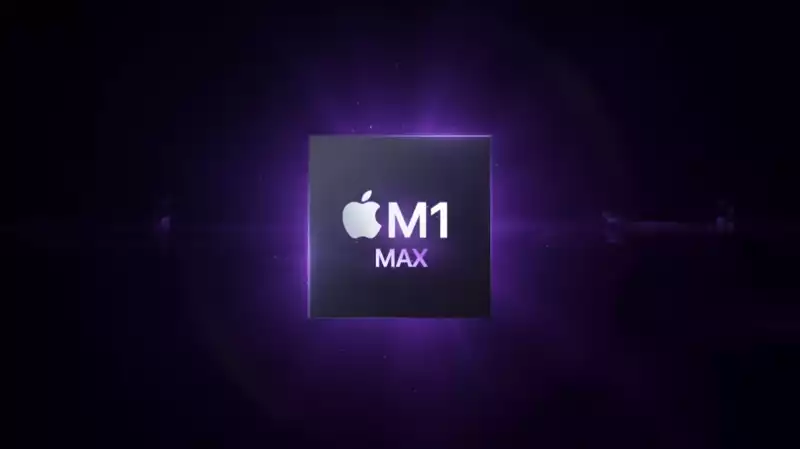While Apple has won great acclaim for the performance of its new M1 Pro and M1 Max chips in the new 14- and 16-inch MacBook Pro, it appears that Intel's 12th-generation Alder Lake chips may offer some serious competition. [The desktop Alder Lake chips have just been released, so comparing desktop and mobile chips is not a particularly fair comparison for obvious reasons, but it remains interesting nonetheless. In particular, there are rumors that Apple will include an improved version of the M1 Max chip in the Mac Pro desktop next year.
MacRumors examines benchmarks for early adopters. Geekbench results for the new Intel Core i9-12900K show the processor delivering about 1.5 times the performance of the M1 Max in multi-core tests, averaging about 18,500 points compared to 12,500 for Apple's chip The i7-12700K against the M1 Pro had similar results.
While this is a result Intel can rightly be proud of, comparing desktop chips to mobile chips is actually not that informative. And that's not only because of the pure performance difference between the classes, but also because Apple has a natural advantage in terms of power consumption for each, since Apple has designed its chips to run on batteries rather than outlets.
Intel's new processor uses 125W of base power and 241W with Turbo Boost. Comparatively, the new MacBook Pro consumes less power.
For Apple, power efficiency is as important, if not more so, than raw speed. Indeed, the company delivers solid, if not world-class performance while promising "industry-leading performance per watt and incredible efficiency."
And while early leaks suggest that the mobile version of Alder Lake could comfortably outperform the M1 family in terms of performance, thanks in part to Apple's integrated GPU, a laptop powered by Alder Lake could effectively match the MacBook Pro's power consumption gap. It would take enormous efficiency gains to close the gap.
As Apple stated when it introduced the M1 Max, the M1 Max "delivers the performance of a high-end GPU in a compact professional PC laptop for up to 40 percent less power, and the performance of a high-end GPU in the largest PC laptop for up to 100 watts less power consumption."
It will still take some time before these comparisons can be made in a completely fair way; the M1 Max desktop is not expected until next year, nor is the Alder Lake mobile chip. Only when both sides can be benchmarked freely will we see how well Intel can close the gap in efficiency and Apple in performance.










Comments